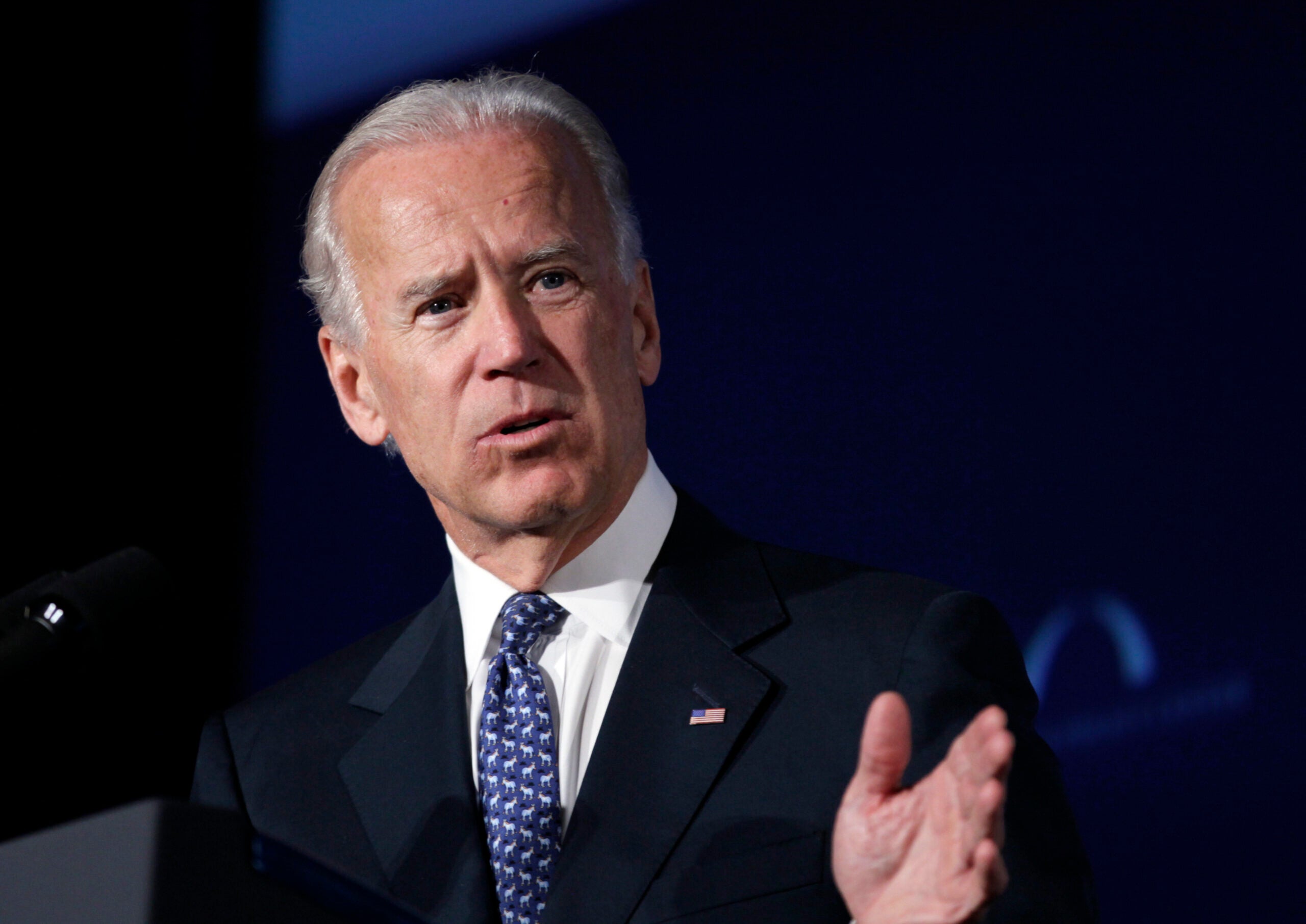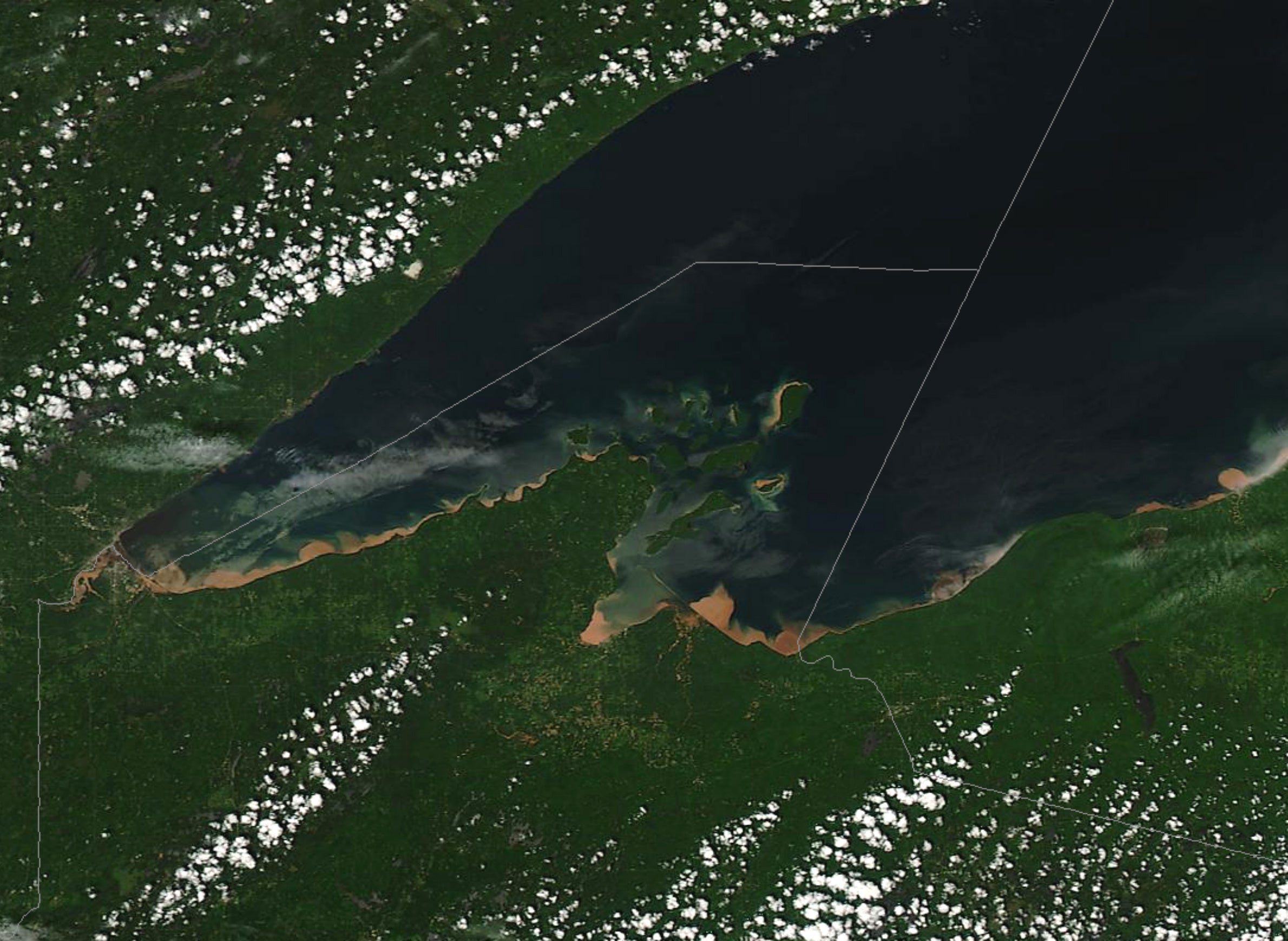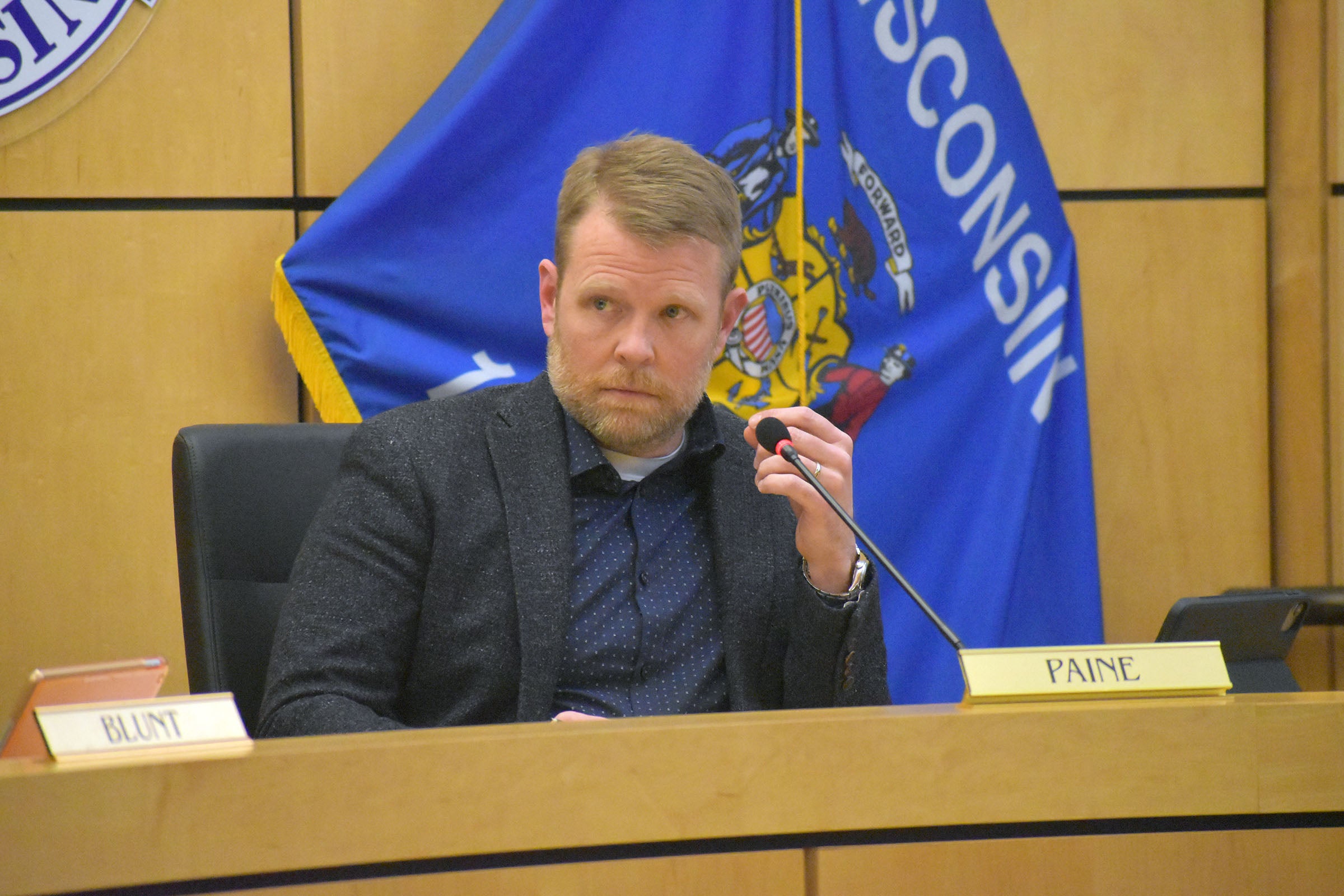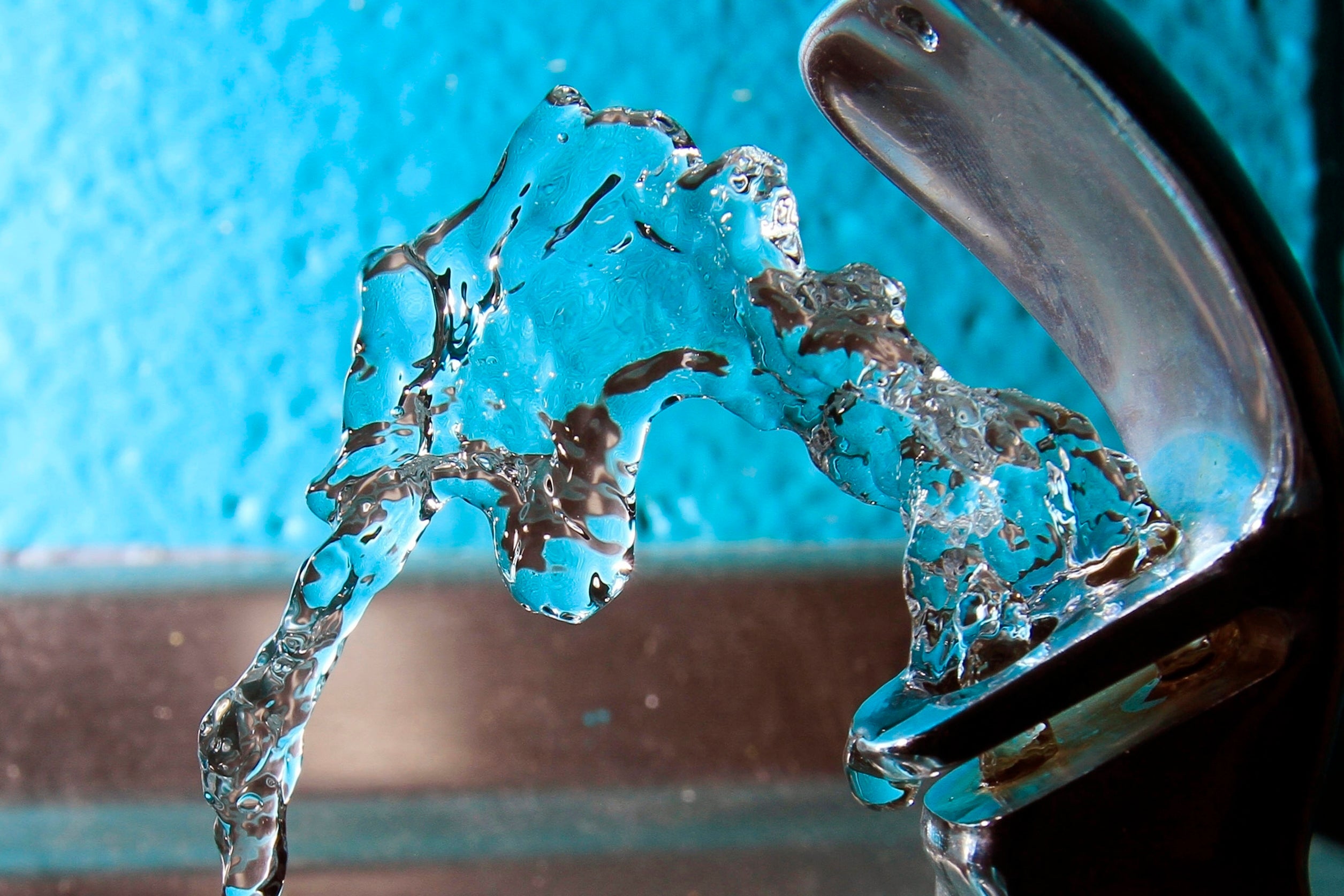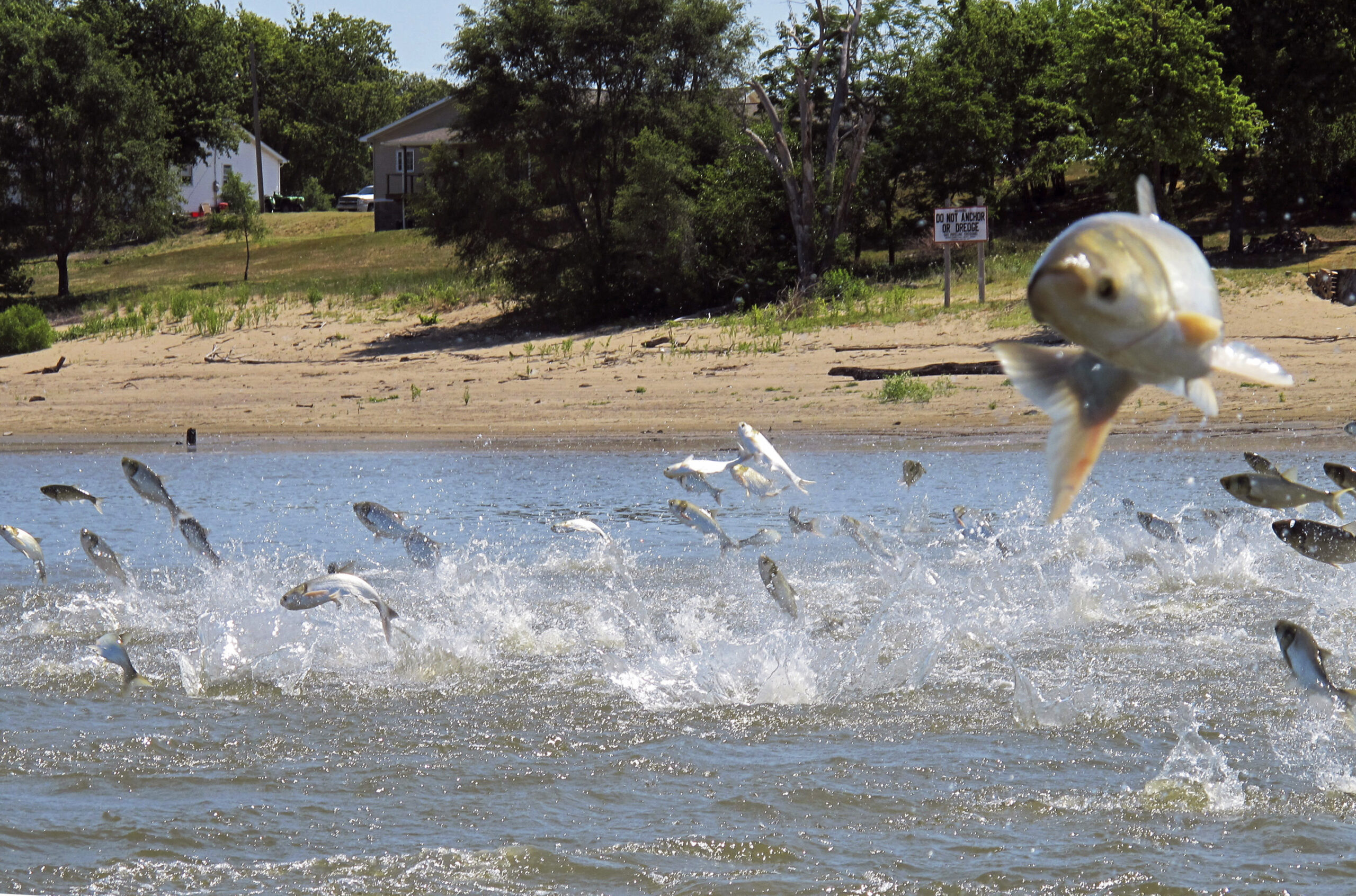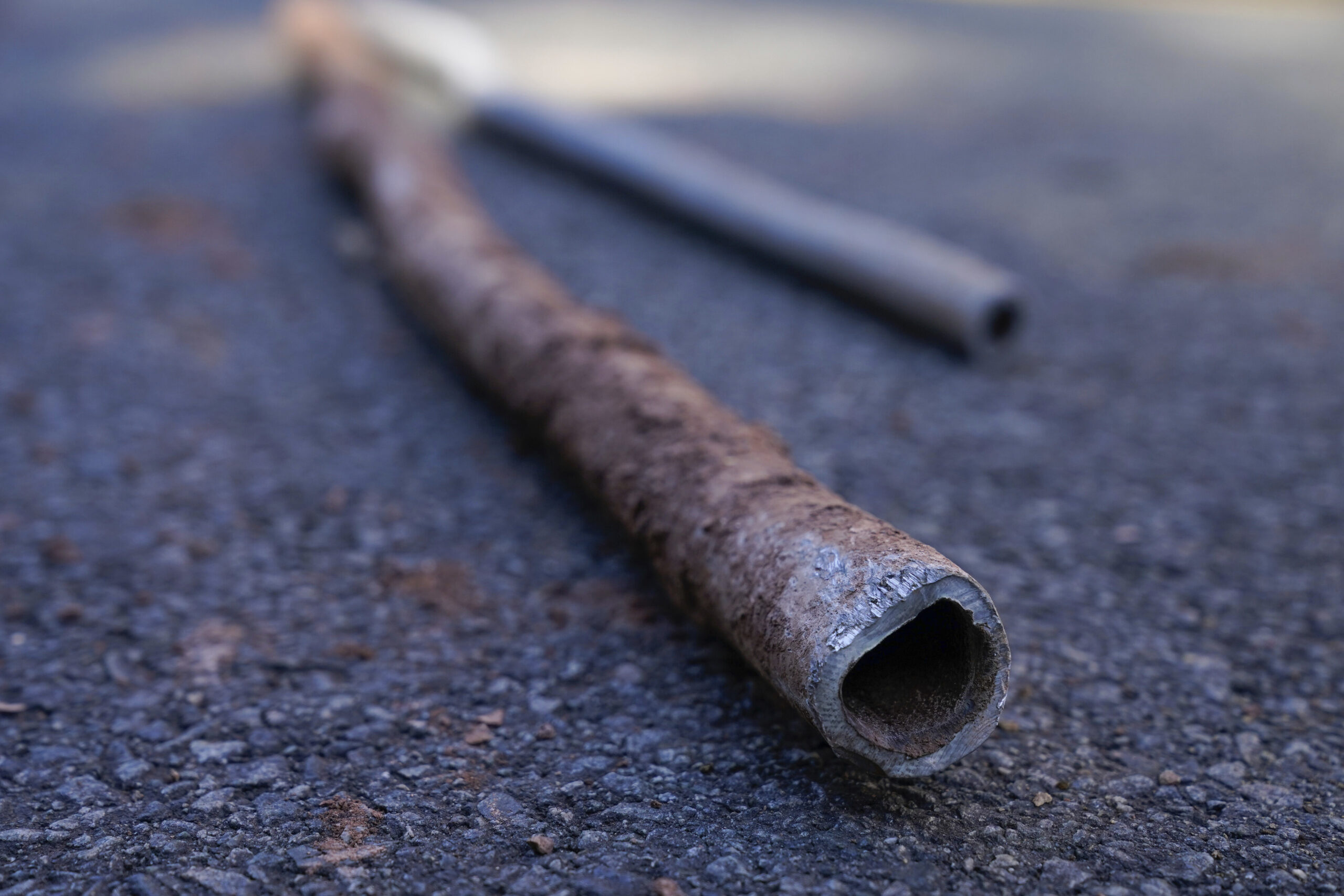Advocates for the Great Lakes see President Biden’s budget and jobs plan as an opportunity to boost funding for restoration projects and outdated water infrastructure in the region. But, the president’s proposals face significant hurdles from Republicans and some moderate Democrats over plans to increase taxes and spending.
Biden’s $6 trillion budget would set aside $3.6 billion to upgrade water infrastructure across the nation for public water supplies, schools and homes. State revolving loan funds that help communities repair drinking and wastewater systems would see funding increase by $464 million.
The budget would also boost funding for a federal Great Lakes cleanup program by $10 million from $330 million to $340 million. Biden’s proposal would also fund design and construction preparation of an $831 million plan to keep Asian carp out of the Great Lakes. The invasive fish threatens the Great Lakes’ $7 billion fishing industry and $16 billion recreational boating industry.
Stay informed on the latest news
Sign up for WPR’s email newsletter.
“We have a historic opportunity before us, and it’s important that we seize the day to protect drinking water, health, jobs and the quality of life of millions of people in the Great Lakes region and across the country,” said Laura Rubin, director of the Healing Our Waters-Great Lakes Coalition.
In a conference call with reporters Thursday, Rubin said the budget and jobs plan could be a “game changer” for protecting the Great Lakes and addressing climate change.
Biden’s jobs plan would invest nearly $1 trillion in infrastructure that would provide $111 billion to address water systems, replace lead services lines and address so-called forever chemicals known as PFAS. The budget includes around $75 million to help speed up research that would guide efforts to set standards for the chemicals in drinking water.
Meanwhile, Republicans in the U.S. Senate have proposed their own $928 billion infrastructure plan. Republicans in the U.S. House have put forward a $400 billion infrastructure bill, but it wouldn’t include investments in water or broadband infrastructure. Republicans have balked at Biden’s proposals to increase corporate taxes to pay for infrastructure investments, prompting Biden to propose a minimum corporate tax hike on Thursday.
Chad Lord, policy director for Healing Our Waters-Great Lakes Coalition, noted that all proposals represent significantly more funding for infrastructure than is currently being allocated.
“The need is there,” said Lord. “And the current rate of federal investment is just not keeping pace with the scale of the threat and it is not meeting the needs of communities.”
Eight Great Lakes states, including Wisconsin, need more than $188 billion over the next two decades to address drinking water and wastewater infrastructure, said Lord.
The American Society of Civil Engineers estimates Wisconsin will need $8.6 billion to address drinking water systems over the next 20 years while $6.3 billion will be required to fix wastewater systems that have faced more stress due to climate change.
Many of those systems still carry drinking water and wastewater through lead services lines. The U.S. Environmental Protection Agency estimates there are around 6 to 10 million lead lines nationwide. In Wisconsin, water utilities have already identified more than 176,000 lead service lines that are publicly owned and more than 148,000 private lead lines. The city of Milwaukee alone has more than 70,000 lead service lines that need to be replaced.
Gov. Tony Evers and Democratic lawmakers in Wisconsin have supported a $40 million effort to help replace lead lines, but Republicans have blocked those plans.
On Wednesday, Rep. Tony Kurtz, R-Wonewoc, indicated that federal funding could be used to address lead service lines during a meeting of the state’s budget writing committee. But, Sen. LaTonya Johnson, D-Milwaukee, said the state needs to chip in. She noted that lead exposure is harmful to human health and has been linked to developmental and behavioral issues in children.
“We need to do our part to make sure that our children are safe,” said Johnson.
Citizen advocacy groups in the Great Lakes region highlight that state and local governments can’t do it alone.
“If we’re going to fix this problem (we) need significant investments from the federal government to help,” said Brian Smith, associate executive director for the Citizens Campaign for the Environment in New York.
The Biden administration is proposing to invest billions more in federal agencies to tackle climate change and other environmental challenges. The EPA would see its budget increase more than 20 percent to $11.2 billion after the Trump administration repeatedly threatened drastic cuts to the agency. Under the budget proposal, the EPA would also set aside $936 million in programs to create jobs, clean up pollution and address racial disparities among communities that have been disproportionately impacted by climate change.
Wisconsin Public Radio, © Copyright 2025, Board of Regents of the University of Wisconsin System and Wisconsin Educational Communications Board.
